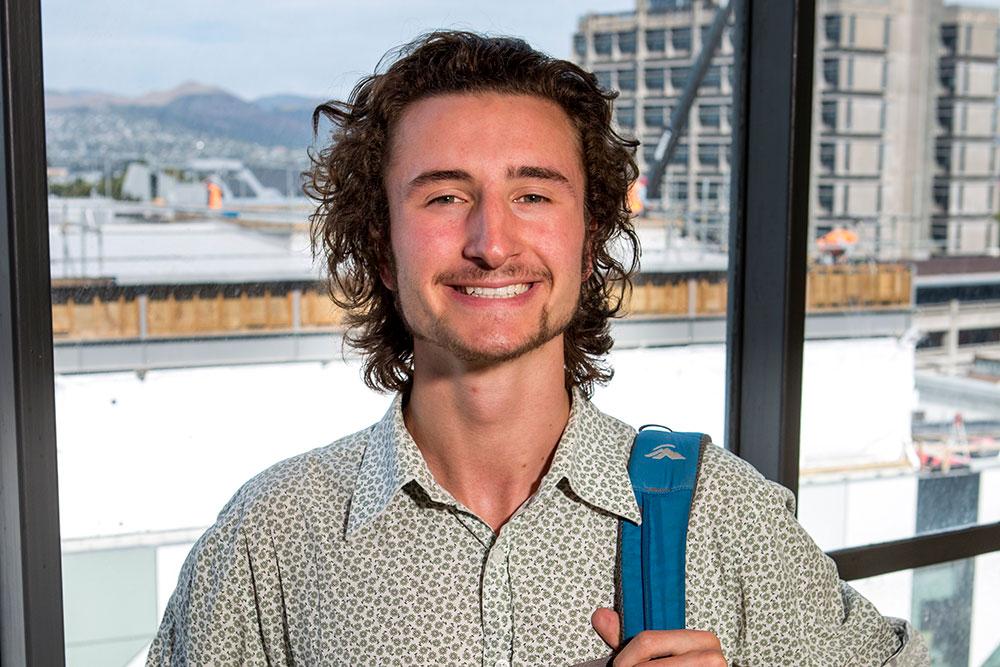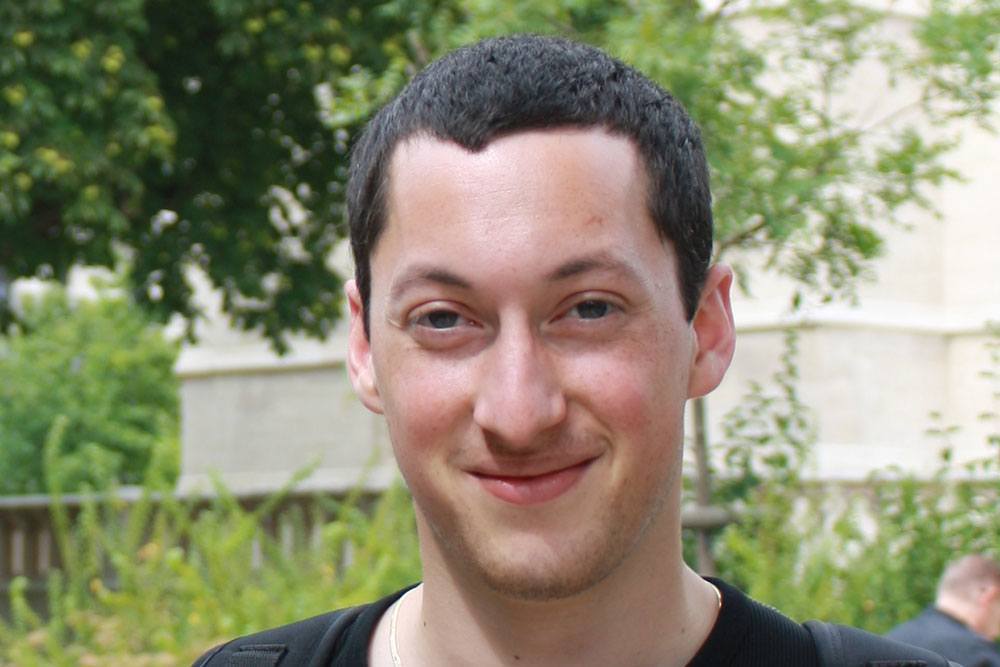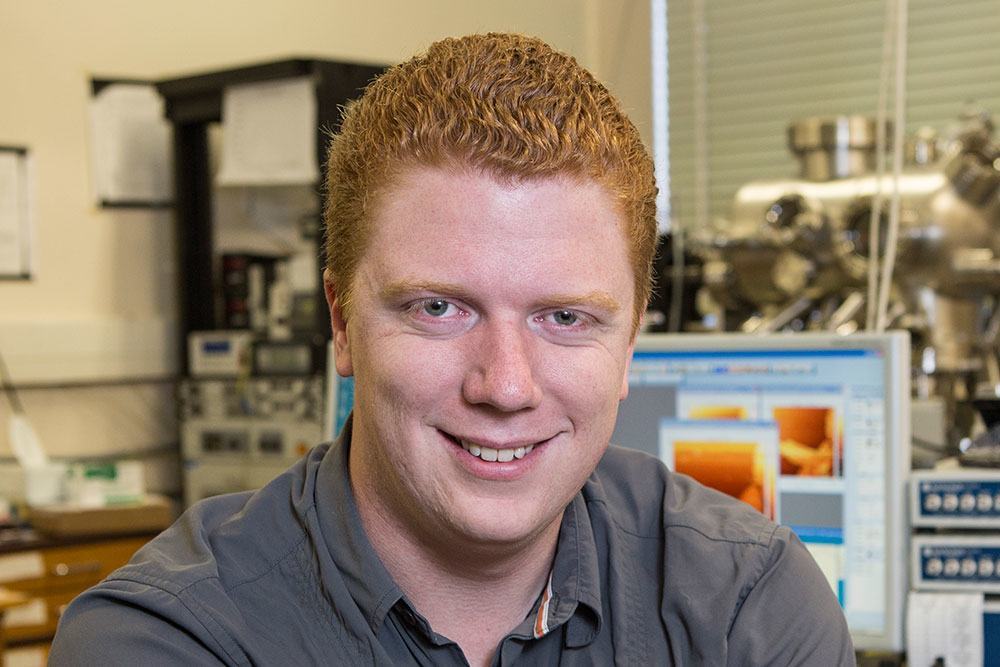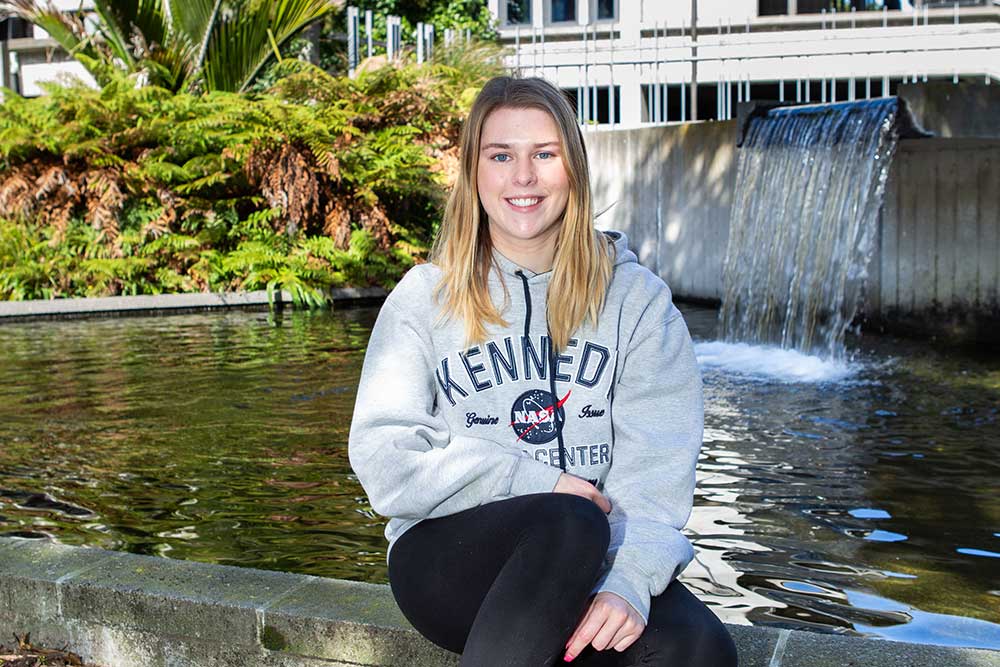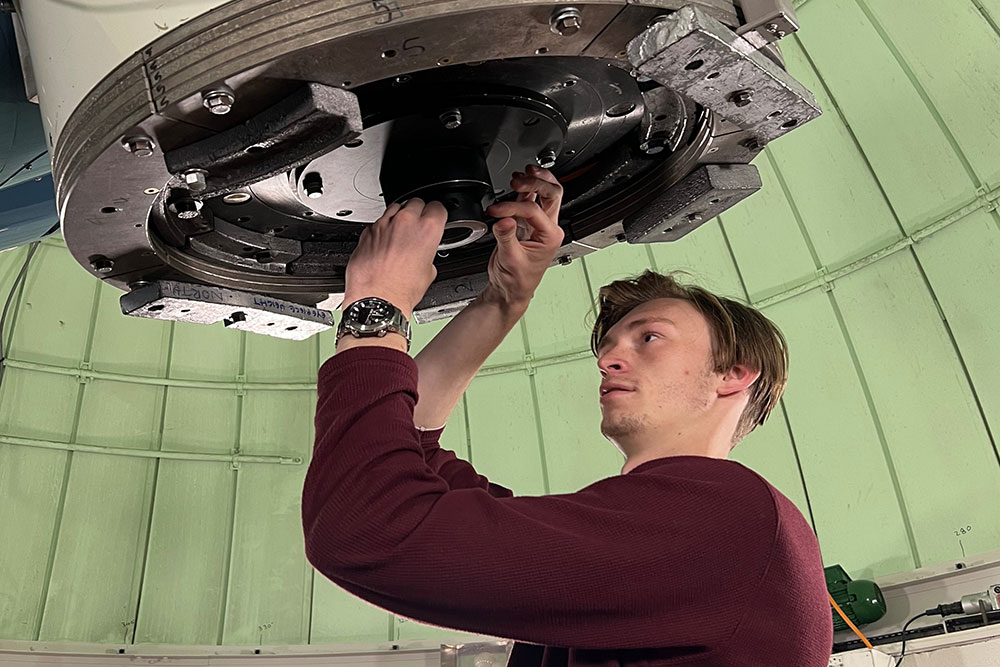Physics aims to understand the behaviour of matter and energy from the scale of subatomic particles to that of the Universe itself. From digital watches, fridges and cars, through computers and communication systems to water supplies and electrical systems, modern life is built using the understanding of nature that physics provides. For example, architecture, the various fields of engineering, nursing, medicine and other health professions, and agricultural science all use aspects of physics.
We are currently in an incredibly exciting period in physics. The technological advances of the last 20 years have had an enormous impact on all our lives and almost all of these advances rely on advances in physics (indeed this is true of virtually all technological advances since the Industrial Revolution). Modern physics provides a framework for understanding – and contributing to – major advances in technology.
Physics is a very broad discipline: it encompasses everything from building huge laser equipment to study gravitational waves, to creating tiny nanoelectronic devices that can act as transistors or sensors, to measuring the behaviour of the upper atmosphere in order to understand global warming, to obtaining fundamental theoretical understandings of cosmology and sub-atomic physics.


